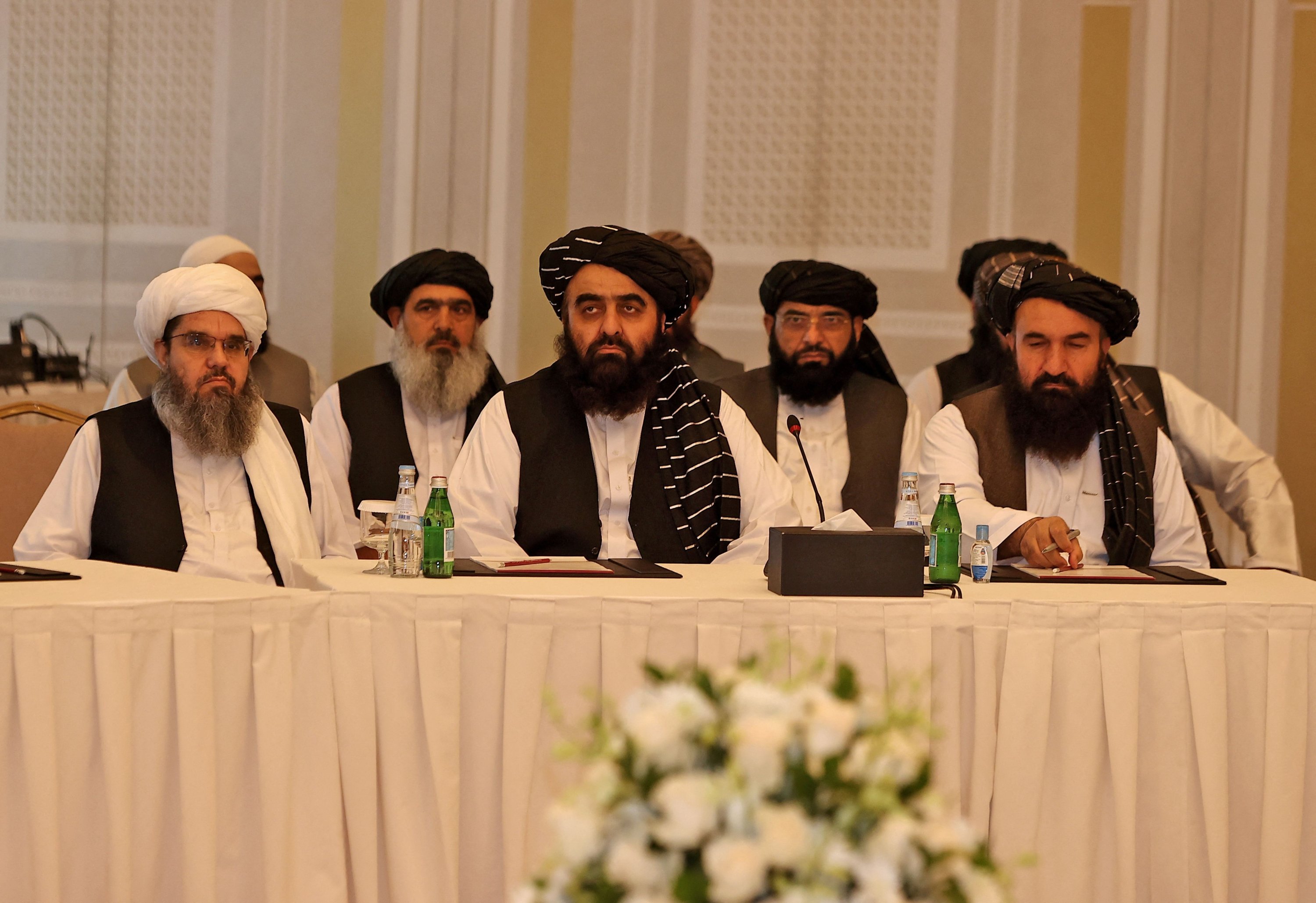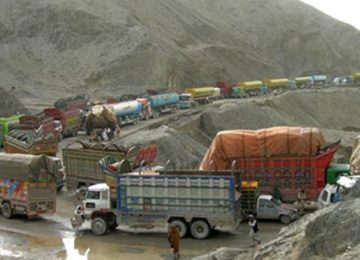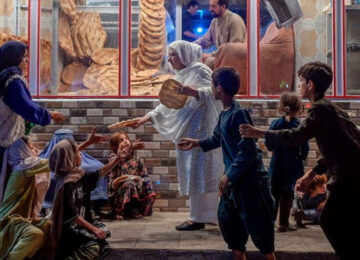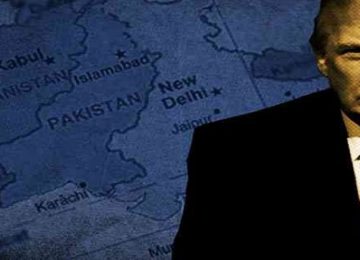An ‘apparently’ peaceful transition of power on August 15, 2021, in Afghanistan has now turned into an anxious, socio-economic turbulent phase. The end of the US and allies’ presence in Afghanistan did not guarantee a stabilized and prosperous region at all. The ground realities are different as well as pungent. The magnitude of the Afghan puzzle remains the same, or, in fact, has gotten worse.
As of now, the Taliban have been able to prevent the much-anticipated implosion. They have managed to stabilize the situation, with most opposition in the retreats of Turkey, the Gulf, Americas, Europe, and Canada. They have put a brake on the unbridled corruption that took root during the dollar-denominated phases of governance until August 15. This, however, doesn’t mean systemic corruption is gone. It is evidently there in various forms if we believe the stories that are circling out of Kabul and other Afghan cities. To some extent, the revenue has increased due to the Taliban’s strict control. Another auspicious news is that women are gradually returning to public universities
But all in all, conflict is at a standstill and crime is going up because of economic adversity. The banking sector remains under extreme stress because of US sanctions on Afghan funding and international banking. Some of the banks are already bankrupt or on the verge of bankruptcy. People with hefty amounts have extremely limited access to their assets in banks. Besides, unemployment is rampant. A massive humanitarian crisis has occurred and the world’s ‘ideological’ clash with the Taliban is making the general population starve.
The world has three demands from the Taliban: an inclusive government, safeguarding human rights, women’s rights in particular, and an effective strategy for counter-terrorism. It seems that the Taliban will perhaps gradually allow women to get back to public spheres. The biggest concern for the international community is how the Taliban will deal with their foreign ideological friends, i.e., TTP, ETIM, IMU, Daesh/ISIK, Al-Qaeda. For Pakistan, TTP is a grave concern. A silver lining did appear when the group mediated a month-long ceasefire between the Pakistani government and TTP in November 2021. The ceasefire was, however, unilaterally breached by the radical group in December 2021.
A recent report of the UN also depicts that as of now, Afghanistan is a safe haven for about 3000-5000 TTP fighters and members of Al-Qaeda and other internationally banned outfits. Despite international claims of Pakistan being close to the Afghan Taliban and having political sway over them, they have demonstrated a flummoxing attitude concerning the border issues. The ongoing tussle at the border and the recent killing of Pakistani soldiers are contrary to what was expected of the Taliban as a ‘Pakistan-friendly’ government in Afghanistan.
With the new government in Afghanistan, Pakistan had anticipated that peace would prevail in the region and both countries would strive for common interests ranging from promoting regional economic connectivity to countering terrorism, but the prevailing attitude of the Afghan Taliban does not seem to promise much. On the other hand, as a concerned neighbor, Pakistan has been raising its voice on the humanitarian crisis and advocating for the rights of women and vulnerable groups in Afghanistan. PM Imran Khan has stuck his neck out to plead for the need to ease the flow of aid to Afghanistan. Such thoughtful moves from Pakistan imply that it is willing to do the needful to ensure peace and stability in the region as well as maintain friendly relations with Afghanistan. It is yet to see how the Taliban would respond to the olive branch Pakistan keeps extending on various occasions.
Even the rest of the world is ready to help out the people of Afghanistan. But the global mood will tilt in favor of the Taliban only when they walk the talk i.e. fully facilitate female education and employment, broaden the base of their regime and also take practical, demonstrable steps to prevent terrorist outfits from using the Afghan soil for launching terror strikes in neighboring countries.
By Imtiaz Gul








